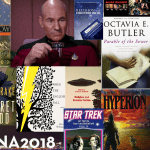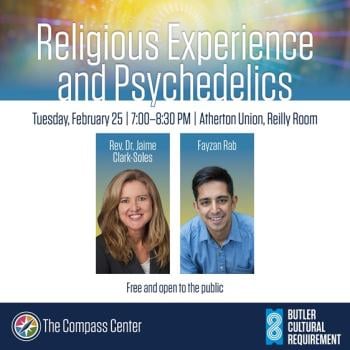In pulling together the various quotes and links in my recent post about activism among theologians and academics, I also found a number of connections with the teaching side of what academics do. What Paulo Freire highlighted in relation to the classroom (50 years ago this year!) applies all the more to academic research: if one can still sometimes encounter banking-style distribution of tidbits of information in a classroom, research by definition is about problem solving and thus about changing the world in some way. To the extent that we can integrate active learning and problem solving in the classroom throughout students’ educational experience, the more likely we are to avoid having them simply accept claims on authority, instead understanding and hopefully balancing the need to rely on the expertise of others and the fallibility of every human process, with honesty, openness, and collaboration as the best counterbalances to our individual and collective shortcomings. And the more likely they themselves are to become curious investigators of the world who seek not only to understand but to change it for the better!
Also touching on the subject of our inability to deal with perspective-free impersonal facts in the classroom – even the science classroom – was the BioLogos article by Anna van Dordrecht from which this excerpt is taken:
Often high school science is approached as a set of facts to be learned, and little attention is paid to how we developed any of that knowledge. But the story of science is the story of real people who lived in specific times and cultures, had personal victories and tragedies, and grappled with the historical events surrounding them. Some of them achieved success in their lifetime, some were met with skepticism and ridicule, and some literally changed the world without ever knowing they’d done so. Hearing these stories and understanding that the work of a wide, diverse group of people has led to our current reality changed the way students approached science. It also provided them with relatable examples and inspired confidence that they could be scientists themselves. Researching and preparing the stories, while time consuming and a struggle on top of a very full schedule, made me a better science teacher as well. I had a lot of content knowledge, but through People to Ponder I began to connect the subjects I taught and develop a cohesive story of human investigation that my classes could engage with.













